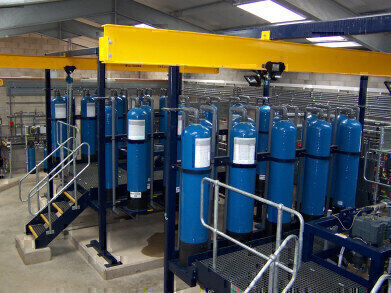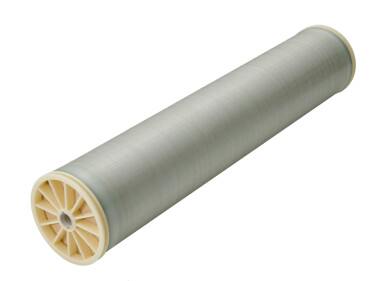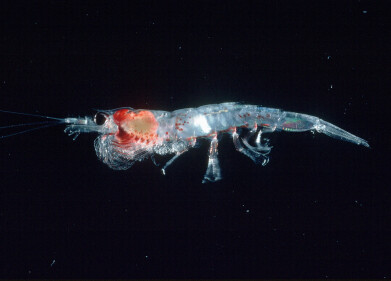Water/Wastewater
The Optimum Solution for Anglian Waters
Nov 12 2012
Advanced optimisation of ACWA Services’ (UK) robust Nitreat ion exchange process has enabled significant Capex and Opex savings for Anglian Water, the Society of Chemical Industry’s IEx (Ion Exchange) 2012 conference in Cambridge heard recently.
Robert Ingham, ACWA Services Manager-Membrane Systems, and Glyn Spencer, Anglian Water Services (AWS), Senior Operational Scientist explained to the audience that the solution, which has gained almost universal acceptance in the UK water industry as a highly-reliable and competitive technology for removing nitrate from drinking water, has had its day-to-day efficiency improved by an AWS Optimisation Team with input from ACWA.
With nitrate levels at many sites lower than the extrapolated data had predicted, the removal plants were operating at or close to maximum turn-down and some were not operating at best efficiency under startup conditions, the duo told the conference.
The aim was to increase the efficiency of operation at all sites where the solution was in operation of which there are currently 15. And to further develop the skills and capability of AWS technicians and service personnel to enable an ongoing optimisation process.
As well as this work, Ingham and Spencer discussed the ‘Efficiency Challenge’ that the economic regulator OFWAT has set for water utilities during the current AMP 5 period. To tackle this, AWS and ACWA set up a joint team with the aim of confronting preconceived design standards.
The presenters explained that the in-depth design review had produced significant Capex savings. The Nitreat plants had been designed as two streams – one duty, one standby – but the robustness and reliability of the system, proved in operation during AMP 4, enabled a decision to opt for full redundancy only on the most critical site in AMP 5.
The reduced need for redundancy, coupled with other design changes, meant the plant rooms could be smaller, providing savings on civil works. Surplus instrumentation was also successfully engineered out of the original AMP 4 designs, giving significant cost savings. The changes also led to an estimated saving of 22% in embedded CO2.
Operational savings were made via an ‘expert group’ of operators who were tasked with reducing salt consumption, which dropped from 180g/l to 160g/l, a saving that also led to a consequent drop in waste production. During 2010/11, the operational modifications and revised software were rolled out to the remaining operational sites.
To support the software changes, advanced operator training was provided and a range of Key Performance Indicators (KPIs) were set to help operating staff monitor and manage the day-to-day efficiency of plant operation.
In conclusion the audience learned that the ongoing optimisation process for the Nitreat system’s design and control over the past three years has created a greater understanding of the process within AWS’ operations, scientific and management teams. Setting KPIs for plant performance, teamed with advanced training for selected staff, will ensure the optimisation process continues as conditions and priorities change year on year.
Events
Carrefour des Gestions Locales de L'eau
Jan 22 2025 Rennes, France
Jan 29 2025 Tokyo, Japan
Feb 05 2025 Nantes, France
Feb 16 2025 Kampala, Uganda
Feb 26 2025 Chennai, India




-as-feedstock.jpg)





